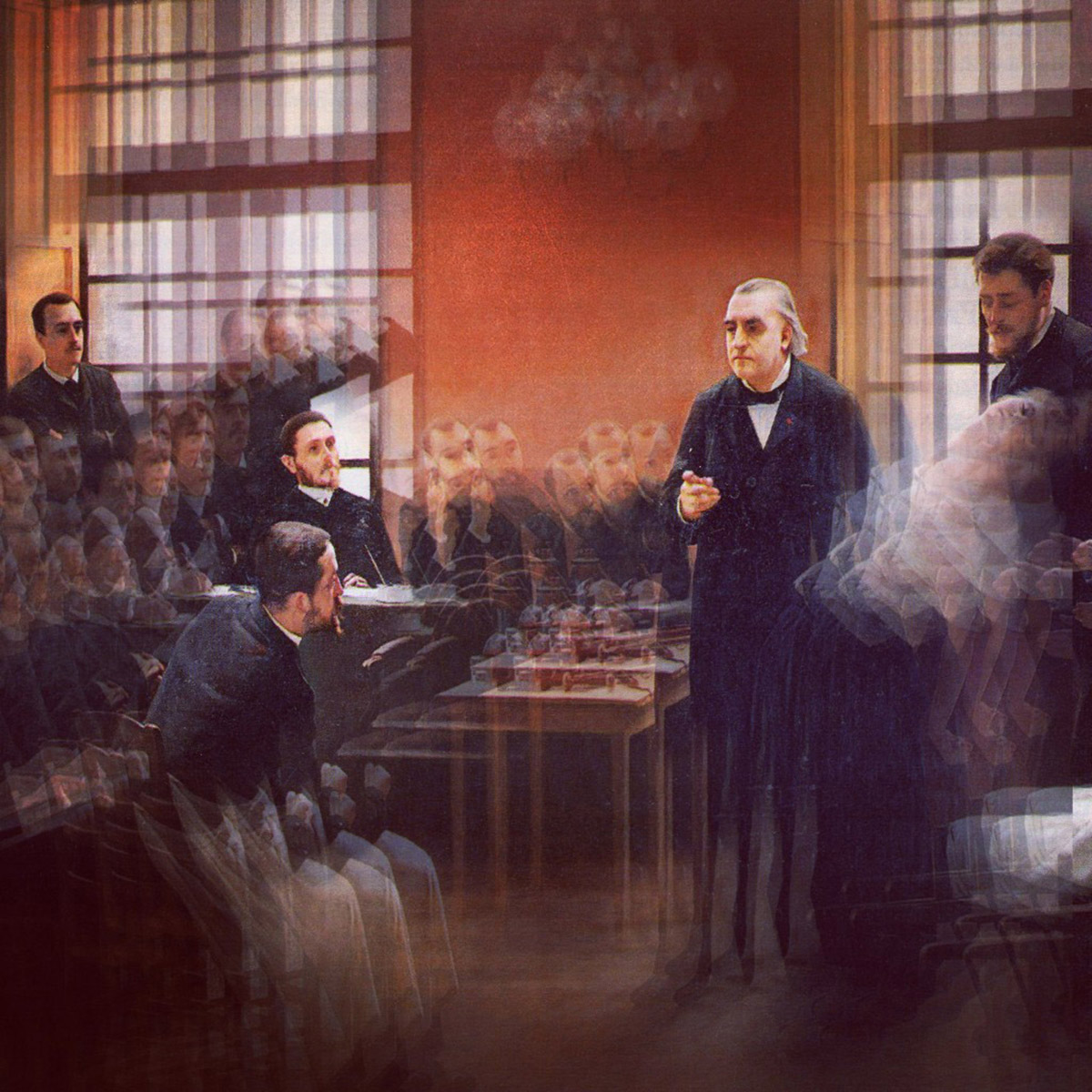
Tourette's syndrome is neurological condition which includes involuntary movements or uncontrollable saying of certain words or phrases. These are all called tics since they are spontaneous and not controllable.
Majority of cases are not so severe so they are not treated at all. The goal of the treatment in other cases is basically to reduce if possibly eliminate the tics. This will eventually help a child or an adult to maintain the normal life. Once it has started the treatment needs full cooperation between a sick child, parents and teachers. The definitive cure does not exist yet, but in case the tics worsen there are certain medications which may be administered. This way they will only put under control but will not be lost for ever.
Treatment for Children
This treatment initially begins with the appropriate education of parents and people from child's surrounding. If one understands Tourette's syndrome he/she may be of some help. The doctor will be included in the learning process. Each treatment has to be organized differently as not all the children have the same tics.Parents must be aware of the tics and know how they influence the child. They are advised to find possible triggers of the tics and to eliminate them. Sometimes changes at home or in school might lead to reduction in tics' intensity. Habit reversal is a child's way of controlling difficult and uncomfortable tics. Additional help by a qualified therapist may help a child to deal with his/ her thoughts, emotions and problematic situations. This way the child may be less anxious.
Growing -up
The treatment must continue over the years. The symptoms of the disease change in ages. Tics may vanish and reappear aging and sometimes they can even worsen. Certain situations such as school performances or simple social situations may be stressful to children ill with Tourette's syndrome. Those can trigger even new tics. Still there has to be awareness of what triggers the tics and how these situations can be alleviated. The counseling may have to continue.
Adults Treatment
In adulthood, these patients may still have to visit the councilors and psychotherapists. It would be good if the people from their surroundings would be familiar with the tics and the whole situation. In case of severe and uncontrollable tics certain medications are administered.
There have been certain studies which have shown that deep brain stimulation was a promising way of tics reduction. This method uses electrodes which are inserted into the specific areas of the brain (e.g. basal ganglia). The electrodes are attached to the gadget which is placed into the chest by another surgical procedure. The signals are sent from the gadget into the brain. This process may prevent from or even limit tics. This treatment is still being studied. The side effects are brain hemorrhage and changes in motor function. For now this treatment is only experimental, but hopefully one day it may help all the people ill with Tourette.



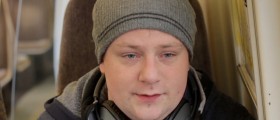
_f_280x120.jpg)

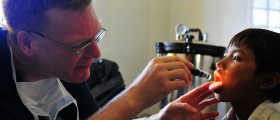
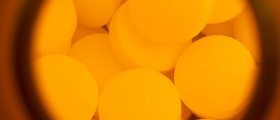
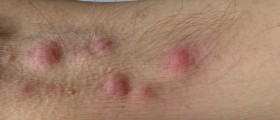
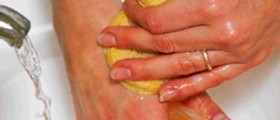
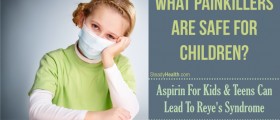
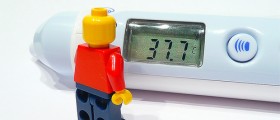

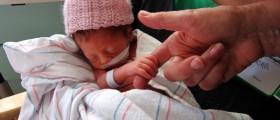

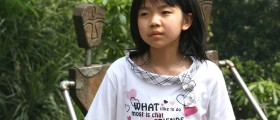

Your thoughts on this
Loading...